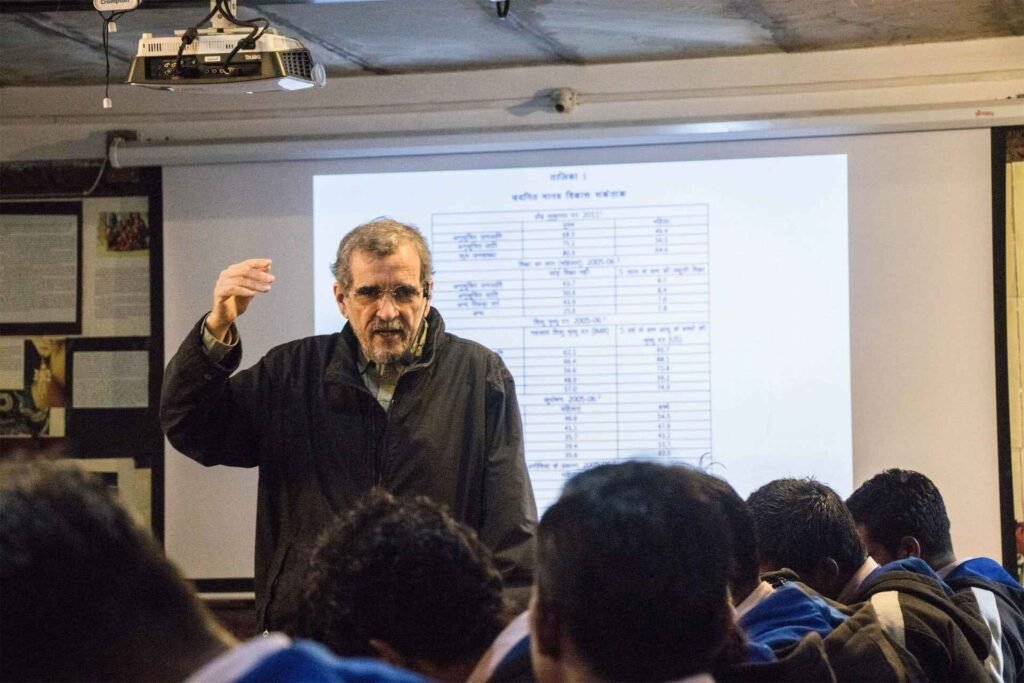Research and Policy

SPS has made a number of notable contributions to research and policy advocacy. In 1998 India’s Drylands, a study we carried out for the Union Ministry of Finance and the UNDP on the macro-economic significance of watershed programmes for food security, employment guarantee and sustainable development, was published and released world-wide by the Oxford University Press. In 2005-06, Dr. Mihir Shah (SPS Secretary from 1993 to 2008), served as Honorary Adviser to the Parthasarathy Committeeset up by the Government of India to review India’s watershed programmes. He was largely responsible for drafting the report of this Committee that suggests path-breaking reforms in the watershed sector.
As the Chairman of the Parthasarathy Committee said in his Foreword to the report, “This report would not have been possible without the unstinted support given by Dr. Mihir Shah of Samaj Pragati Sahayog (SPS), who went far beyond his call as Honorary Advisor to the Committee, and willingly assumed onerous responsibility. He has managed to integrate into a flowing and limpid narrative a vast amount of information in the form of submissions and reports that I had gathered from my visits, the research insights gleaned from a decade or more of published academic outputs, besides drawing upon his own vast experience of running similar projects with disadvantaged sections of the tribal community in remote central India. He has synthesized the learning in a way that makes the report eminently readable, and at the same time ensures that it never falls short of requisite standards of erudition. I am sure this report will be used both by practitioners and the academic community with profit. I would like to thank Dr. Mihir Shah and his research team at SPS for an outcome that is characterized by a sense of balance and moderation considering the passions that this programme so easily provokes in many quarters. The report, at the same time, is shot through with a sense of deep commitment and urgency about what is required to be done by policy makers and implementers alike.”
India's Drylands
A landmark achievement of the research done by SPS was the publication in 1998 of India’s Drylands: Tribal Societies and Development through Environmental Regeneration. This book argued for a decisive shift in macro-economic policy towards India’s neglected drylands. In the last decade some major changes in India’s policy regime reflected an affirmation of the arguments made in specific chapters of the India’s Drylands. These include
Widespread recognition the groundwater situation in India was indeed far more critical than hitherto been realised;
Setting Up of the National Rainfed Areas Authority in 2006, specifically focused on the issues of development of the dryland regions; Passage of the Forest Rights Act, 2006; Passage of the Mahatma Gandhi National Rural Employment Guarantee Act (MGNREGA) in 2005 for full public employment guarantee for rural households; and Formulation of the new Common Guidelines for Watershed Development, providing a framework for watershed development interventions in dryland areas.
With these changes happening, it is important that we re-visit the key arguments of the various chapters of the book and cast them in a new form in the light of the learnings from the subsequent experience. The book is currently under a process of revision.
